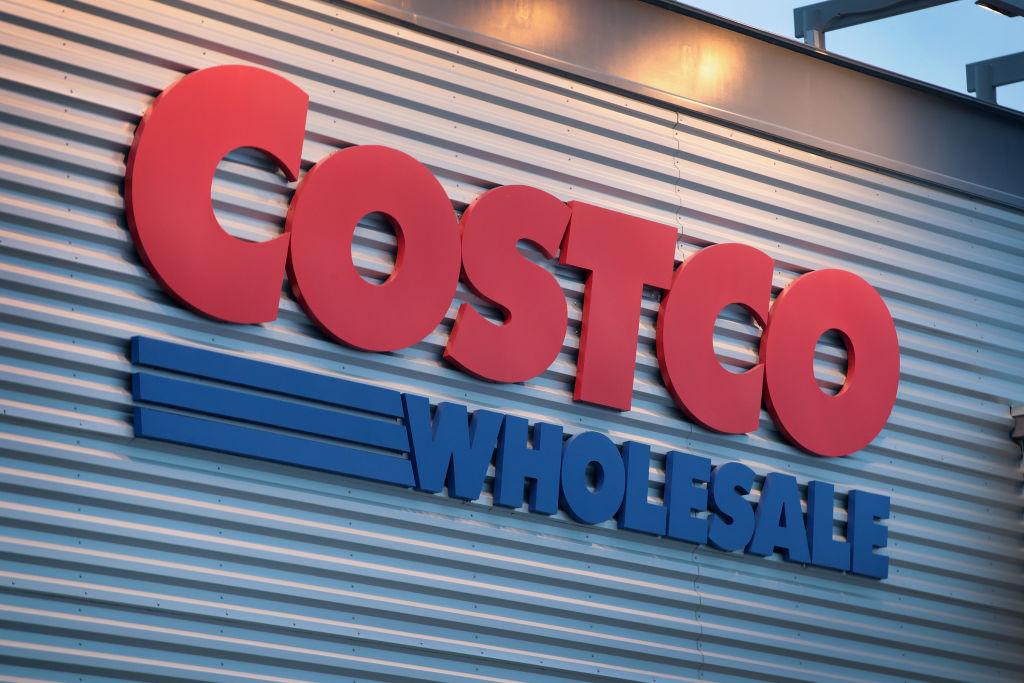Costco alerted its customers that certain packages of smoked salmon and Belgian waffles have been recalled over possible listeria contamination.
Costco’s website published a recall notice on Oct. 24 cautioning customers who purchased packages of Kirkland Signature Smoked Salmon that the fish may contain the potentially deadly bacteria.





